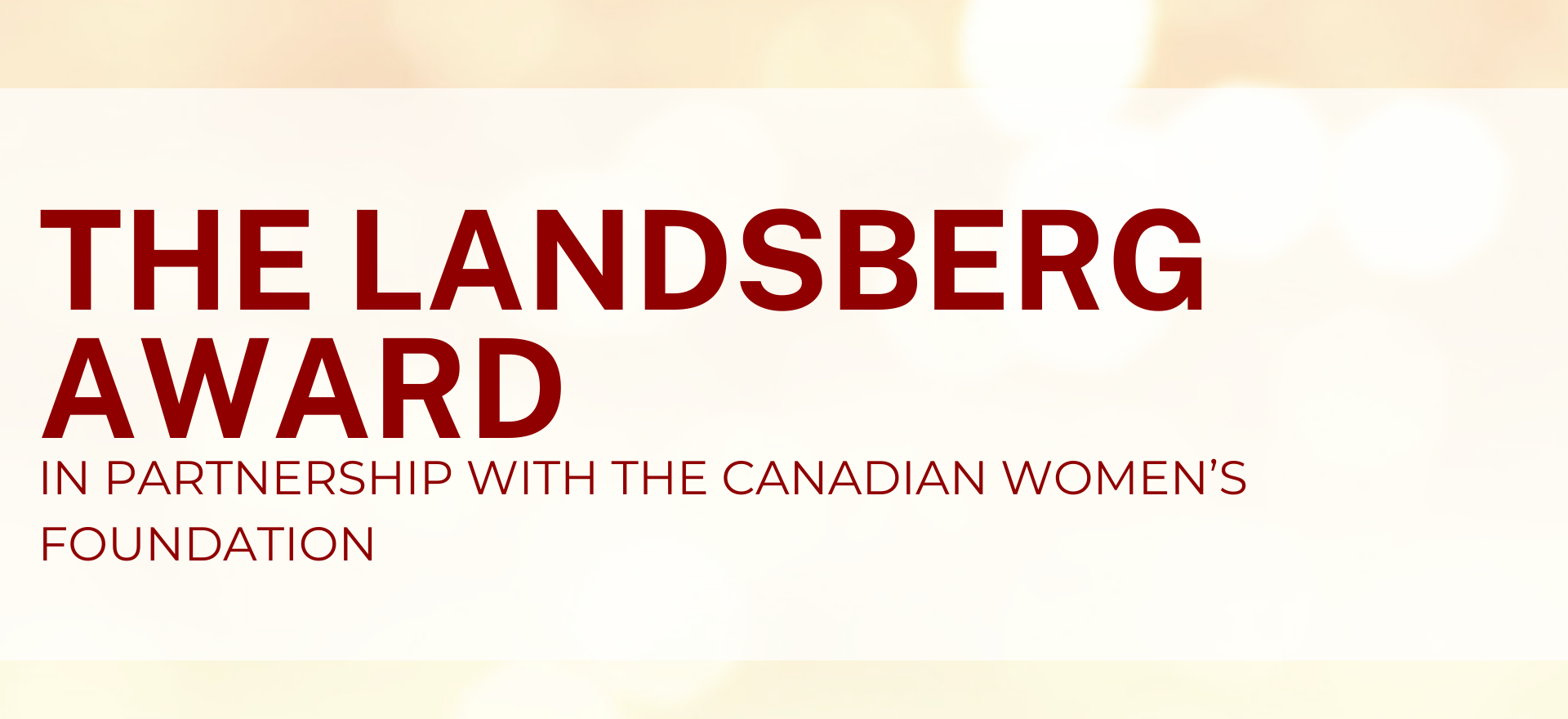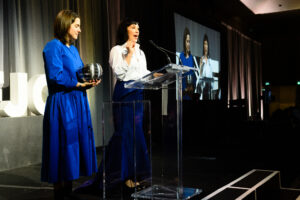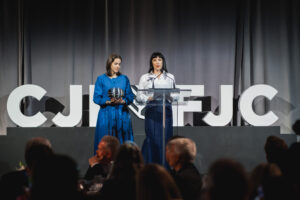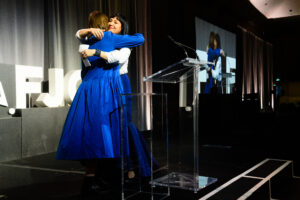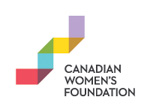ABOUT THE LANDSBERG AWARD
The annual Landsberg award celebrates a journalist who is raising awareness about gender equality and justice issues in Canada and seeks to inspire an increase in feminist media coverage and voices of women in Canada.
The award is named after Michele Landsberg—an award-winning Canadian journalist, author, social activist and feminist—to acknowledge the tremendous impact that she has had as an advocate and role model for all women in Canada. The award will inspire relentless and fearless journalists to consider Canadian news from a women’s equality perspective.
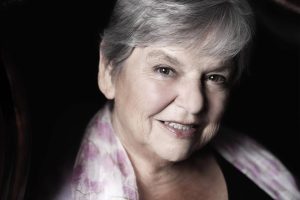 ABOUT MICHELE LANDSBERG
ABOUT MICHELE LANDSBERG
Articulate, tenacious, progressive and persuasive, award-winning former Toronto Star columnist Michele Landsberg is one of Canada’s best-known feminists and social justice activists. A fearless advocate for women and children over many decades, she uses words, in print and in person, to fight injustice, to attack oppressive power structures and policies, and to champion the cause of human rights, race and gender equality, peace and pluralism. Through her columns, she gave a strong public voice to many of those who would otherwise not be heard.
DEFINITION OF THE AWARD
This award will recognize a working journalist (employed or freelance) doing exceptional research, analysis and writing through a gender lens about women’s equality issues in Canada.
FORM OF THE AWARD
The award recipient will receive a $5,000 prize.
ELIGIBILITY
Awarded to a working journalist (employed or freelance) who has done the most to shine a spotlight on women’s equality issues in Canada in print, broadcast or online news reporting in 2025. Entries involving more than one contributor are welcome and will be judged as a single submission. Submissions are welcome in the following formats: article, column, online piece, editorial, op-ed, radio program, podcast, television program or documentary film.
Judging Methodology
The judging panel is comprised of four to eight jurors who review all submitted entries through an online portal, rank the entries and then attend a face-to-face meeting or participate via conference call with their rankings to agree on the recipient–and finalists, if applicable–of the award. The shortlist will be announced in April, with the winner announced at the CJF Awards ceremony in June 2025.
Applications for 2026 closed.


